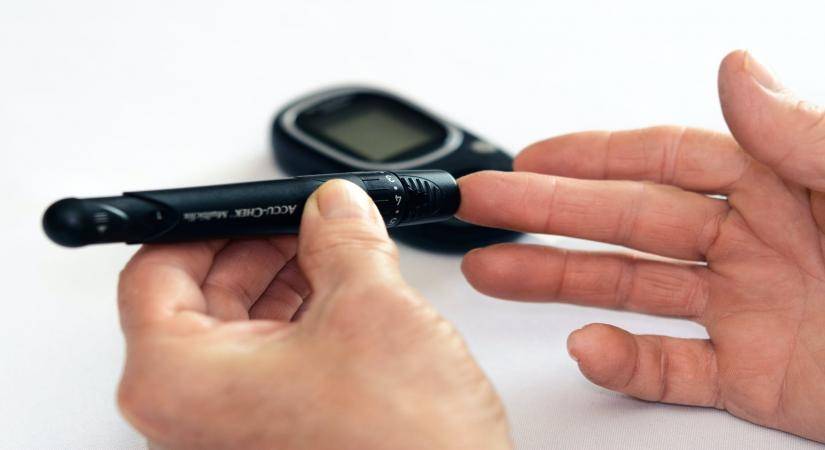The total number of diabetics is predicted to rise to 643 million (11.3 per cent) by 2030 and to 783 million (12.2 per cent) by 2045. Currently, one in ten (10.5 per cent) adults around the world are living with diabetes…reports Asian Lite News.
One in 12 adults or more than 74 million people living in India are diabetes patients, according to a new report from the International Diabetes Federation (IDF), ahead of the World Diabetes Day on Saturday.
The figure is the second highest in the world after China, which has 141 million people living with diabetes.
The findings are from the 10th edition of the IDF Diabetes Atlas to be published on December 6.

The report added that another 40 million adults in India have impaired glucose tolerance (IGT), placing them at high risk of developing Type-2 diabetes, while more than half (53.1 per cent) of people living with diabetes in India are also undiagnosed.
“The increasing number of people living with diabetes and at risk of developing the condition in India confirms diabetes as a significant challenge to the health and well-being of individuals and families in the country,” said Professor Shashank Joshi, Chair, IDF South-East Asia Region, in a statement.
Moreover, the report showed that worldwide, 537 million adults are now living with diabetes, a rise of 16 per cent (74 million) since the previous IDF estimates in 2019. Globally, 90 per cent of people with diabetes have Type-2 diabetes.
The total number of diabetics is predicted to rise to 643 million (11.3 per cent) by 2030 and to 783 million (12.2 per cent) by 2045. Currently, one in ten (10.5 per cent) adults around the world are living with diabetes.
Diabetes was also responsible for an estimated $966 billion in global health expenditure in 2021. This represents a 316 per cent increase over 15 years.

Excluding the mortality risks associated with the Covid-19 pandemic, approximately 6.7 million adults are estimated to have died as a result of diabetes, or its complications, in 2021.
This is more than one in ten (12.2 per cent) of global deaths from all causes. The South-East Asia Region accounts for 11 per cent (747,000) of total diabetes-related deaths, according to the report.
The rise in the number of people with Type-2 diabetes is driven by a complex interplay of socio-economic, demographic, environmental and genetic factors. Key contributors include urbanisation, an ageing population, decreasing levels of physical activity and increasing levels of people being overweight and developing obesity.
“We must do more to provide affordable and uninterrupted access to diabetes care for all in India, and around the world. Policy makers and health decision-makers must turn words into action to improve the lives of people with diabetes and prevent the condition in those at high risk of developing it,” Joshi said.














